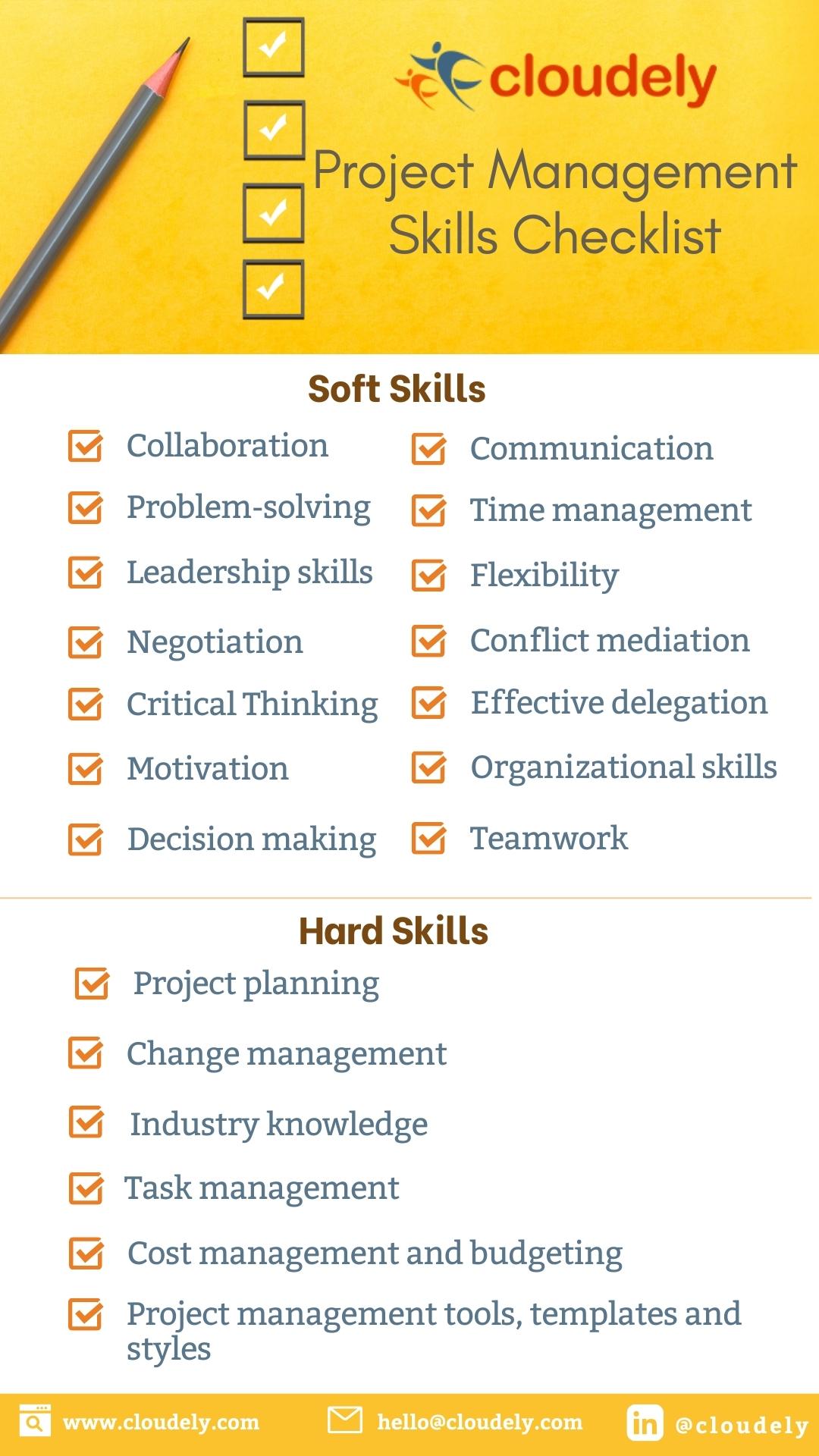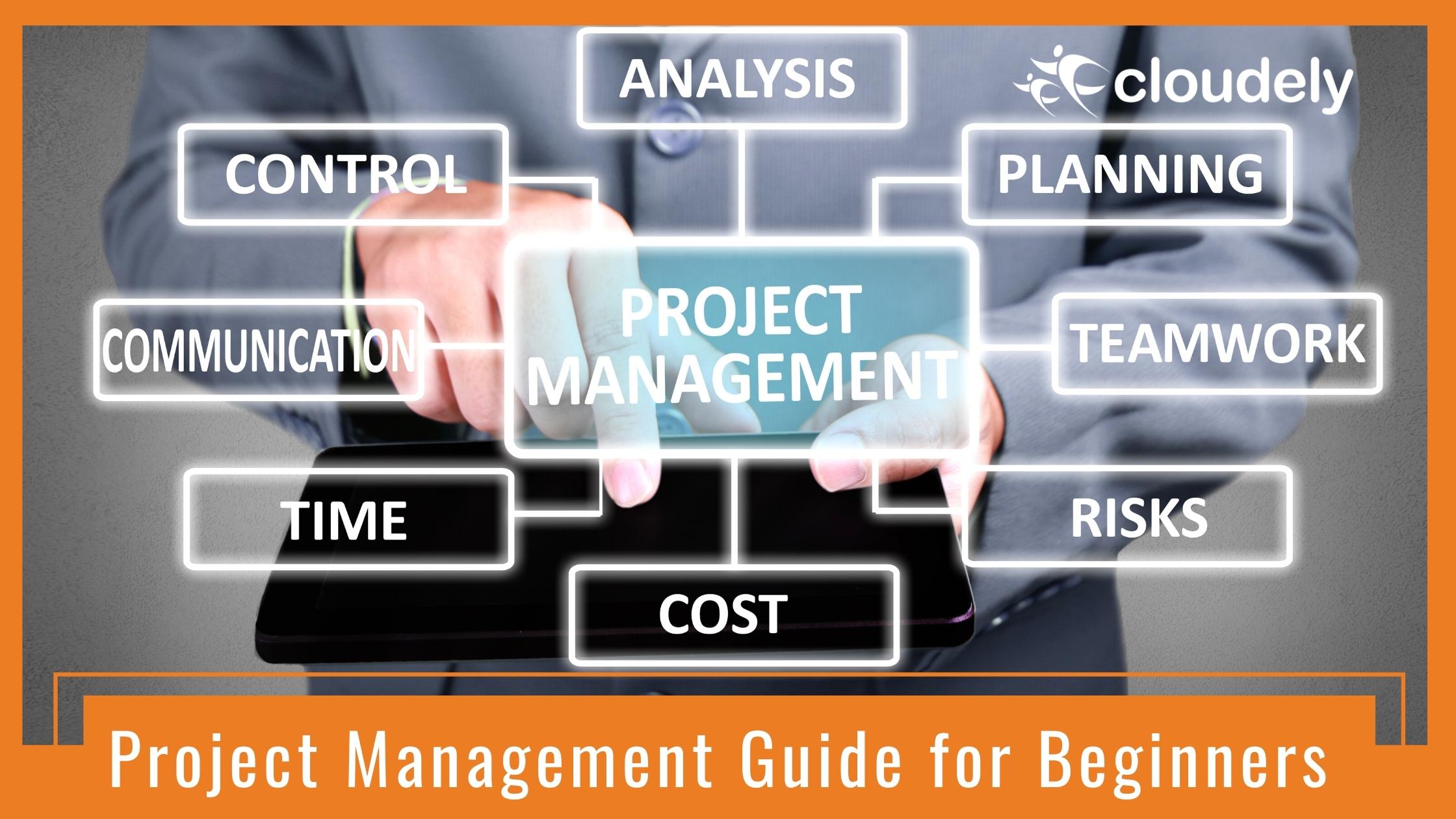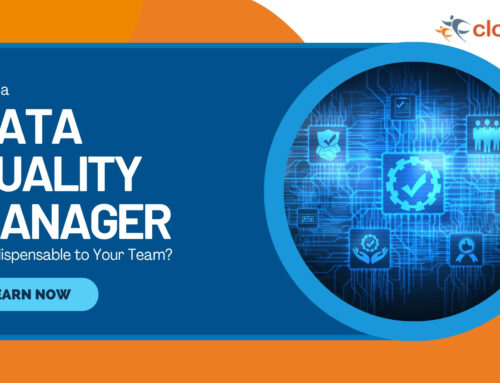Businesses that handle and deliver projects on time with desired outcomes satisfy the stakeholders and enjoy enhanced business reputation. Projects are the backbones of any business, and a big chunk of their success depends on the project management skills of the managers. This explains why project managers turn indispensable for businesses, irrespective of their industry.
This project management guide for beginners walks through the basics of project management and guides aspiring project managers to make their next project a success. This article also serves a project management 101 for proven project managers to evolve into finer ones.
Table of Contents
What is a Project in Project Management?
A regular work day for professionals does not end without the mention of the term project.
Before we deep dive into this project management guide for beginners, let us define a project.
What is a Project, by the way?
According to the Project Management Institute, the definition of a project is “a temporary endeavor undertaken to create a unique project service or result.”
Similarly, the definition of a project as per Wikipedia goes like this:
“A project is any undertaking, carried out individually or collaboratively and possibly involving research or design, that is carefully planned to achieve a particular aim.”
A closer look at these definitions explains what makes a task a project. A project has the following distinguishing features:
- A project is temporary; it has a well-defined beginning and end.
- A project has a purpose and a well-defined outcome.
- A project can be a collaborative or individual effort. It may necessitate the collaboration of individuals who may or may not have worked together earlier.
- A project is carefully planned and follows a unique sequence. It follows a set of predefined phases, rules, and strategies to achieve the outcome.
- A project also has a well-defined budget and scope as defined by project goals.
- A project necessitates the participation of individuals called stakeholders. Every stakeholder acts as per their well-defined role and contributes to project success.
What is Project Management?
Project management is the process of planning, handling, and delivering a project with its desired outcome by applying project management skills, knowledge, and techniques.
The complexity and the roadblocks of a project vary from one to another. Constraints like budget, resources, technology, cost control, and other unforeseen circumstances can hamper a project’s progress.
Project management best principles guide project managers to overcome such roadblocks and ensure successful project delivery.
Suggested Reading: How to set SaaS OKRs?
What is a Project Manager?
A project manager is a professional responsible for every stage in a project lifecycle – Initiation, Planning, Execution, and Closing. In fact, anyone that handles a project end to end and is responsible for its successful completion is a project manager.
Project management is one of the career paths that necessitate communication skills, an analytical bent of mind, and strategic thinking in addition to risk analysis and client communication. Thus, it provides an opportune career path for individuals with related skills from diverse backgrounds to kickstart their careers as project managers.
Project Life Cycle
A project, in general, comprises the following four phases:
Initiation:
- This stage is the launchpad of the project.
- At this stage, the key stakeholders define the project goals and deliverables.
- The project manager identifies the scope and the necessary resources to set the timelines and budget.
Planning
- At this stage, the whole project is divided into sequential or interrelated tasks to prepare the project roadmap.
- A clear strategy is laid down for dependencies, communication, stand-ups, and risk handling.
Execution
- This is the project management stage where respective teams/individuals implement tasks with regular communication, sprints, and retrospectives.
- Tracking the progress, assessing and clearing the roadblocks, resource leveling, and constant communication among the stakeholders for feedback and iterations often happen at this stage.
Closing the project
- A project closure indicates its successful completion and the official step to move on to the next project.
- Project managers ensure change management for smoother rollouts.
- Retrospective at this stage provides valuable takeaways to the project stakeholders that serve as lessons for upcoming projects.
Essential skills for Project Managers
Project management is one of the career paths that let professionals grow into accidental project managers. The essential skills for project managers as mentioned below help project managers evolve from good into better ones:
Soft skills
- Collaboration
- Communication
- Teamwork
- Problem-solving
- Time management
- Leadership skills
- Flexibility
- Negotiation
- Conflict mediation
- Critical thinking
- Effective delegation
- Understanding motivation
- Organizational skills
- Decision making
- Ability to look at the big picture
Suggested Reading: 5 Golden Rules of SMART Goal Setting
Hard skills
- Project planning
- Project management tools
- Task management
- Cost management and budgeting
- Change management
- Industry knowledge
- Project management templates and styles

Project Management Terminology
The evolution of project management technology and approaches widened the project management terminology. Thus, here comes the next part in our project management guide for beginners – the vital project management terms every project manager must familiarize themselves with:
Agile Project Management
One of the most popular projects management terms, Agile is a project management methodology. It imparts weightage to flexibility and collaboration to accomplish the project in smaller tasks that often overlap.
Backlog
A project contains a series of smaller and sequential tasks. A backlog is a list that indicates bug fixes, functionality changes, user stories, etc. that occur during various tasks of a project. A backlog comes to the aid to prioritize the actions.
Suggested Reading: Project Management painpoints and how to overcome them
Bottleneck
Successful project flow necessitates seamless participation from resources, availability of related technology, and budget. The absence of any of these can hinder project completion.
A bottleneck in a project is a roadblock that obstructs the subsequent or interlinked tasks. Bottlenecks are common in any project. One of the desired project management skills is the ability to estimate and identify such bottlenecks and proactively prevent them.
Burn rate
The burn rate of a project signifies the rate at which the project is spending its predefined budget. A high burn rate can indicate excessive spending on the project, which if not handled promptly could lead to a negative budget and project failure.
Change Management
Projects are defined by their unique outcomes. Change management refers to rolling out these changes smoothly so that the impact on the target group is gradually introduced instead of making it appear like a sudden change.
Change management is one of the essential project management skills that demand project managers display their interpersonal and communication skills.
Concurrent Project Management
Concurrent project management guides technology transfer for faster and more predictable marketing. It speeds up development life cycles and necessitates the effective integration of all functions and processes for successful project implementation.
Critical Path Method (CPM)
The critical path in project management is the longest path of a project from its beginning to completion. The critical path denotes the minimum time required for project completion. It contains the series of tasks, their flow, and timelines. The critical path method is the technique that guides the identification and allocation of timelines for various tasks of a project.
Deliverables
Deliverables mean the verifiable outcomes at various stages of the project. Deliverables can be internal and external. Similarly, there exist project deliverables and project management deliverables.
- Project Deliverables: These are the outcomes agreed upon during the project initiation stage.
- Project Management Deliverables: These are the responsibilities of a project manager for each phase of the project management. Project plans, repositories, issue logs, and performance reports are some project management deliverables.
Dependencies
Dependencies indicate the interrelation between tasks. Often, project tasks depend on each other. For instance, the task initiation can rely on the completion of another. Such dependencies can impact the pace and progress of a project.
Issue Management
Projects can comprise various issues – bug, epic, and story. An issue log tracks and records such issues and the individuals responsible for issue resolution.
Project managers track issues in project management tools for efficient tracking and handling. The whole process that encompasses identifying, recording, tracking, and resolving issues comprises issue management.
Suggested Reading: The Beginners Guide to a Career in Salesforce
Scrum
Scrum is an agile project management methodology that guides teams to learn and adapt at every task and stage of a project for continuous improvement and successful outcomes.
Sprint
Sprint is the time in which a task or project is set to be completed. Sprints are the most-focused activities in a project for their role in the success of a project.
Resource Leveling
Resource leveling is the optimization technique through which project managers ensure optimal allocation and usage of resources. Resource leveling helps project completion through available resources and eliminates over-allocation and scheduling conflicts.
Risk Management
Risk management is one of the project management essentials for managers. Risk management helps identify the potential risks. It guides how to handle risks with minimal impact on the project outcomes.
Quality Control
Quality control comprises implementing necessary quality assurance steps to attain quality outcomes.
Waterfall Model
It is one of the traditional project management approaches where every stage of the project starts only after the successful completion of the previous one. Projects that follow the waterfall model happen through a series of sequentially connected phases.
Work Breakdown Structure (WBS)
Work breakdown structure (WBS) is a project management tool that assists the completion of larger projects by breaking them into smaller attainable chunks. WBS makes it feasible to integrate scope, cost, and deliverables onto a single platform.
We hope this project management guide for beginners helps you get stared with your project management tasks. Now that you know the project management basics and project management skills, check out why companies must hire project managers and how they contribute to project success.
About Cloudely
Cloudely assists project success of global organizations with technology and human intellect. Connect with us at hello@cloudely.com to know how we can help your organizational growth. Book a meeting with our experts.






